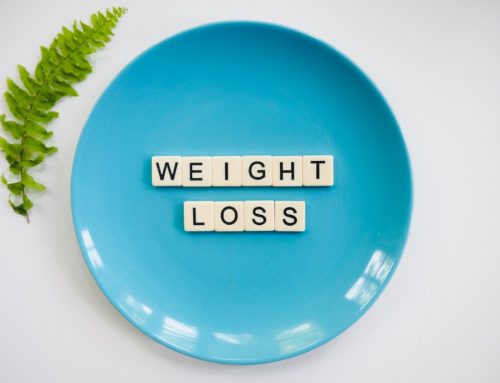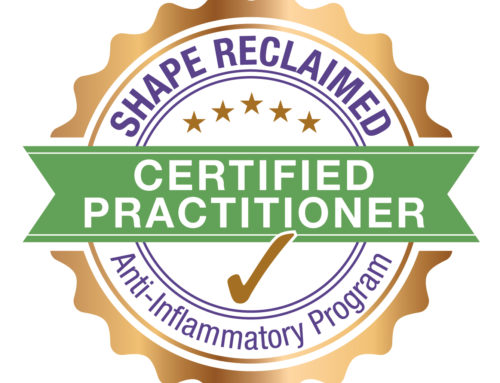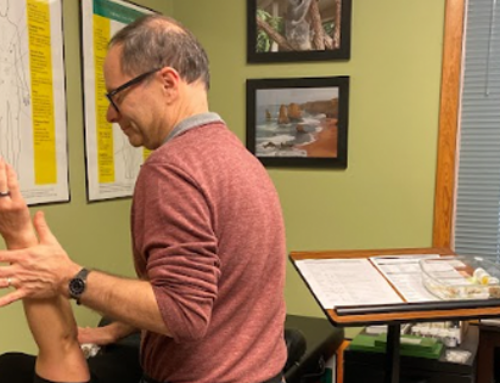This is the time of year when we re-focus on our health. There are a couple of reasons for that. First, it is a New Year, so its time to make changes – eat better, exercise more, and lose weight. Second, many of us recognize the Holiday Season took its toll. We notice a few extra pounds, an overall sensation of not feeling our best, and it seems we’re either getting sick or fighting off a cold or flu. Then the natural human desire to feel better takes hold.
We look for a solution, something to make us feel better. This is typically some type of “diet” or “weight loss program” or “cleanse.” There are many programs to choose from, but the important question is what is best for you. In determining that you need to understand the different types of programs available.
I classify programs into three main categories: purification or detoxification programs, gut purification programs, and weight loss programs.
Purification or detoxification programs aim to improve the overall functioning of your body by removing toxins from your body. These toxins come from the food we eat, the water we drink, the air we breathe (both indoor and outdoor pollutants), personal care products, and household products. Your body has three ways to deal with toxins. It can remove them – this is the optimal method, or it can hide them in body fat or deposit them in other tissues. The last two options are less than optimal. Once the toxins are placed in fat or other tissues we begin to experience a variety of symptoms.
Typical symptoms of toxicity include: chronic fatigue, constipation, gas and bloating, poor digestion, bad breath, inability to lose weight, headaches, mood swings, brain fog, joint pain and stiffness, sensitivities to smells, frequent colds, chronic infections, skin rashes, and hives. This can lead to long-term effects on the body that impact reproduction, development, brain function, endocrine system function, and immune system function.
Purification or detoxification programs target and support the body’s main organs of detoxification – the liver and kidneys, as well as the lymph, blood, skin, colon, and lungs. The programs include nutritional supplements to support these organs and drive detoxification and a clean diet to limit toxins entering the body.
During the purification or detoxification process the first couple of days are usually the most difficult as toxins begin to be released and the body is adjusting. But as the program progresses most people feel better – they have more energy, think clearer, sleep better, and lose weight.
I generally believe this is the best and safest place to start for one very important reason – the toxins that are stored in fat.
A weight loss program is designed to help you lose weight and burn fat. These programs will also feature a healthy diet, but the supplements are more designed to burn and reduce fat. Generally, there is no support for your detoxification organs. So, what can happen is the body can begin to dump toxins and there is no support to detoxify. This can result in a variety of symptoms occurring while losing weight. I can provide a real-life story of a client’s experience on the Whole30 program. This is a wonderful way of eating, a program I certainly encourage, and will support weight loss. However, I have heard of cases of a week of headaches while doing the program. In this case there was a dump of toxins from the fat into the blood stream with no mechanism for supporting detoxification.
My recommendation is for most clients to do a detoxification program first and follow that with a weight loss program.
There are three reasons why a weight loss program may not be effective. First, there are instances when a person loses very few pounds on a program. In this case the body will not allow the fat to be burned and the subsequent release of toxins. The body is protecting itself from these dangerous toxins entering the blood stream where they can cause damage. Second, there may be a hormonal imbalance which is keeping the body in a fat storage mode. For more information on that click here: Are You Weight Loss Resistant?. Third, a bacterial imbalance in the gut.
There is significant current research suggesting the composition of one’s gut bacteria plays a major role in how much fat a person has on their body. People who are fat have a different gut bacteria composition than those who are thin. What has not been established is which comes first (the chicken or the egg?). Are there certain types of bacteria that make someone fat or once someone becomes fat do they tend to have a certain type of bacteria? Regardless, if that bacteria mix is prevalent, the person will not lose weight.
This is one of the times a gut cleanse program is needed. The gut cleanse programs target the digestive system. Gut cleanse programs will feature supplements to help digest food and to clean the intestinal tract with herbs and nutritionals that are anti-inflammatory and anti-microbial. This helps to remove bad bacteria, fungus, yeast, or parasites that may be impacting your health. Gut cleanse programs also feature a healthier and cleaner diet. Notice how this is consistent among all the programs suggesting that in all cases it is essential to eat healthier if you want to improve your health.
As you can see there are a variety of scenarios to consider in selecting the correct program for you. Therefore, I recommend a consultation to review your objectives and current health status to best decide.
Bernard Rosen, PhD is a Nutrition Consultant and Educator. He works with individuals, groups, and at corporations to create individualized nutrition and wellness programs. His office is in Coeur d’Alene, ID. To learn more or to schedule an appointment, call (208) 771-6570 or go to www.brwellness.com.







